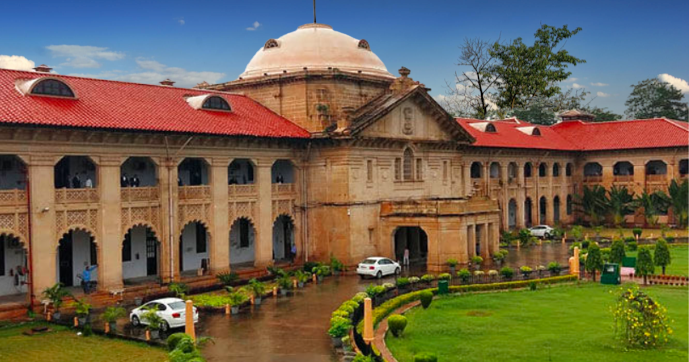
According to a recent judgment from the Allahabad High Court, a woman is entitled to receive maternity benefits under the Maternity Benefit Act of 1961, even subsequent to the birth of her child.
[Saroj Kumari v. State of Uttar Pradesh and Others].
The Court’s interpretation of the Maternity Benefit Act is that employment is a natural part of life, and since childbirth is also a natural occurrence, it should fall under the scope of the Act.
The petitioner, who had recently given birth to a daughter, applied for maternity leave online immediately after being discharged from the hospital. She requested leave for the duration of October 18, 2022 to April 15, 2023, which amounted to 180 days. However, her application was denied due to incomplete supporting documents.
Subsequently, the petitioner submitted another application for maternity leave using the designated form on October 30, 2022. However, it was surprising to her that the District Basic Education Officer in Etah rejected her application on November 4, 2022 and November 25, 2022. The officer’s comments on both rejections stated that “maternity leave is not allowed after childbirth, and you are now eligible for Child Care Leave as per the rules,” and “maternity leave cannot be granted for the requested dates, and you may apply for Child Care Leave instead.”
The judge added that the Maternity Benefit Act could also be applicable to cases of legal adoption of children under three months old. The primary objective of the Act, as per the court, was to guarantee that women have the right to avail pregnancy and maternity leave while maintaining the freedom to lead an independent life as both a worker and a mother.
Saroj Kumari, a primary school headmistress in the Etah district, submitted a petition to the High Court because she was not granted maternity leave by the District Basic Shiksha Adhikari after giving birth to her child. Kumari had initially requested maternity leave after leaving the hospital, but her application was declined due to incomplete documentation. She made another application with the correct paperwork, but it was rejected by the District Basic Education Officer, who claimed that she was only eligible for childcare leave and not maternity leave. Kumari was dissatisfied with this verdict and decided to seek a writ of certiorari against the order from the High Court.
The bench examined the Maternity Benefit Act of 1961 and observed that the purpose of the Act was to safeguard women’s entitlement to pregnancy and maternity leave and provide them with maximum flexibility to lead a self-sufficient life as both a mother and a worker, should they choose to do so.
The Court invalidated the decision of the District Basic Education Officer who refused to grant the petitioner maternity leave following the birth of her child. The officer was ordered to compensate the petitioner for her overdue salary and to continue paying her monthly salary on time. Additionally, the officer was instructed to issue new orders that adhere to the regulations of the Act.
Written by Rishav raj bba ll.b 4th semester ( RNB GLOBAL UNIVERSITY )




0 Comments